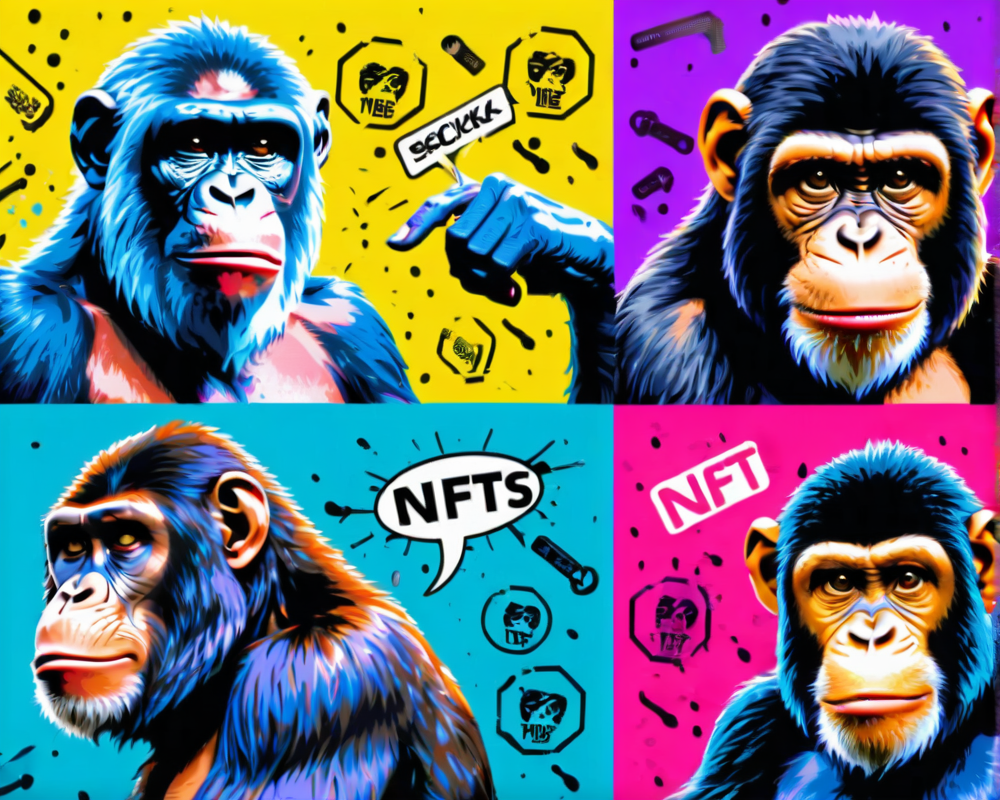Understanding NFTs: More Art Than Investment
Let’s face it. Most Non-Fungible Tokens (NFTs), like those cheeky Bored Apes, are akin to funky, digital baseball cards rather than cold, hard stocks in tech giants. Just because the world of crypto can look like a carnival filled with shiny things doesn’t mean we should categorize everything as an investment. That’s a key point that has been echoed by many in the crypto realm.
The Regulatory Crossfire
When it comes to regulation in the U.S., we have a hilarious mishmash of agencies trying to stake their claim over blockchain treasures:
- The Commodity Futures Trading Commission sees it as a virtual commodity.
- The SEC views it as a security—well, almost everything except Bitcoin.
- The U.S. Treasury thinks of it as money.
- The IRS has classified NFTs for tax purposes, treating them like collectibles—unless they don’t.
This type of bureaucratic confusion resembles a circus act, doesn’t it? Each agency trots out their perspectives in a never-ending game of “who’s the boss of crypto.”
Legal Loopholes and Courtroom Drama
And just when you thought it couldn’t get crazier, we have courts weighing in. A recent ruling by Judge Victor Marrero indicated that while some NFTs could be securities, it really depends on how they’re promoted and sold. Talk about a legal fever dream! He noted that Dapper Labs’ “Moments” created a bond between investors and promoters, establishing that under the Howey test, they could be classified as securities.
But before you run off to meter the potential risk of trading your ape for cash, it’s essential to remember that Marrero indicated not all NFTs belong in the securities box—a light at the end of a very confusing tunnel.
The Battle of Perspectives
In this debate, bright minds clash, even within the crypto community. Some forward-thinking folks, like law professor Brian Frye, seem to cheer on the idea that all NFTs should be classified as securities as a way to encourage regulation. However, this perspective doesn’t sit well with everyone. Many argue that by branding digital art and collectibles as securities, we might inadvertently choke a colorful market with the heavy hand of compliance costs.
Finding a Middle Ground
So what’s next in this unfolding saga? Should we throw our hands up and label everything an “investment”? Or should we gently kick back and embrace our digital Art History degree while keeping the SEC at bay? Dreaming of a world where NFTs can be clearly defined as non-securities—except when specifically marketed as investment opportunities—could be our best bet. If not, we may find ourselves drowning in paperwork they practically invented.”




